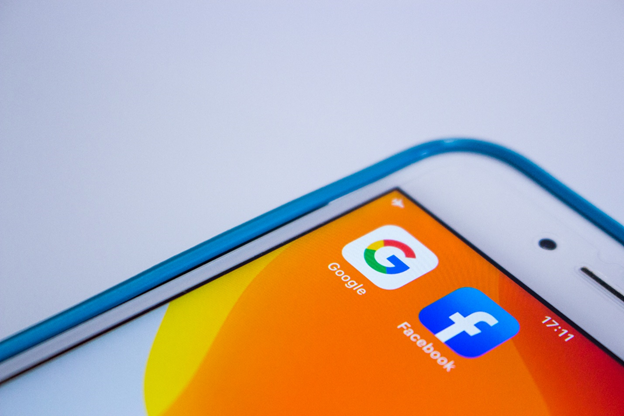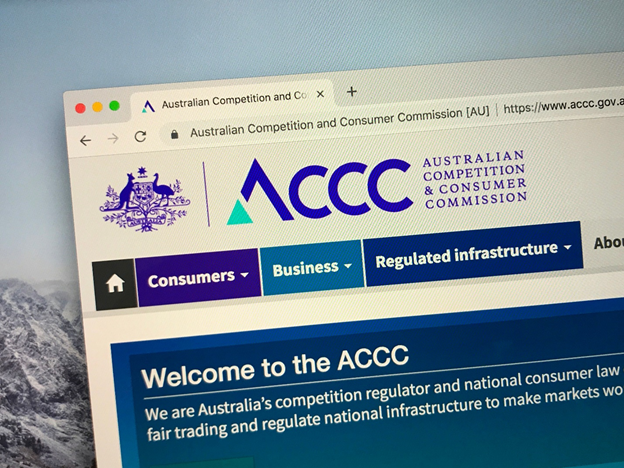Image Source: Shutterstock
Summary
- The ACCC agreed to pass The News Media and Digital Platforms Mandatory Bargaining Code, which will allow the local media outlets to charge Google and Facebook for advertising their content.
- Treasurer Josh Frydenberg explained how the Code would work for both the parties and what will happen if the deal is not sealed.
After months of waiting, the ACCC (Australian Competition and Consumer Commission) has decided to force online conglomerates Google and Facebook to pay for all media content advertised on their networks. The News Media and Digital Platforms Mandatory Bargaining Code, which aims at curtailing Google and Facebook’s powers to earn revenue through the second-party news content, was tabled in the Parliament on Wednesday.
The ACCC came into action after numerous media outlets complained about not being compensated for their content that gets published on Google, Facebook, and similar online service platforms.
Reacting to the legislation which can severely hit their advertising revenues, Google and Facebook defended themselves saying they were doing a favour to the local media organisations, attracting a broader audience for them, and providing more clicks to their respective news portals.
However, Treasurer Josh Frydenberg disagrees with multibillion-dollar companies, revealing that local newspapers lost 75 per cent of their advertising revenues due to the unregulated online policies since 2005.
Mr Frydenberg compared the situation, saying out of every A$100 spent on online advertising – local media outlets get just A$19, while Google and Facebook get A$53 and A$28, respectively.
What are the key features of the bill?
Mr Frydenberg and Communications Minister Paul Fletcher provided vague details about how the legislation would work and how it would affect the revenues of Google and Facebook.
The first step will allow the media outlets and the tech giants to negotiate the price of the news content.
By doing so, Google and Facebook will not have a fixed rate of the advertising revenue they will get. Still, it may vary depending on the conditions of their deals with media organisations.
There will also be no fixed price tag for a particular news item. However, Mr Frydenberg did not reveal an estimated price about how much it would cost to advertise a news article on Google and Facebook.
Small media organisations will also be able to join hands to bargain as a group. They can even agree to ‘standard’ rates decided by the social media platforms.

Image Source: Shutterstock
All commercial media outlets will be a part of this legislation. Along with them, public broadcasters ABC and SBS have also been included in the legislation.
So far, Google and Facebook Newsfeed are only parties to be included to the legislation, but Mr Frydenberg would have the powers to include other platforms if they become big revenue earners through news feed in future.

Image Source: Shutterstock
DID YOU READ: Everything you need to know about the newly proposed Media Legislation in Australia
Is there a possibility of not finding common ground?
A situation could also arise where both parties do not agree on the compensation. In such a case, all parties included in the deal will be excluded from determining the price.
Mr Frydenberg said there would be independent consultants who will consider an individual case.
Google and Facebook will also need to inform media outlets of any changes in the platform algorithm two weeks in advance.
How did Google and Facebook respond to the Code?
In the past, Facebook was open about what it would do in case a legislation came into picture. The company said that Australian news did not bring significant revenue to the platform, so it could operate without it on the website.
However, Facebook will come up with its decision after a thorough review of the Code.
On the other hand, Google is still not clear about its action once the Code comes into existence.



